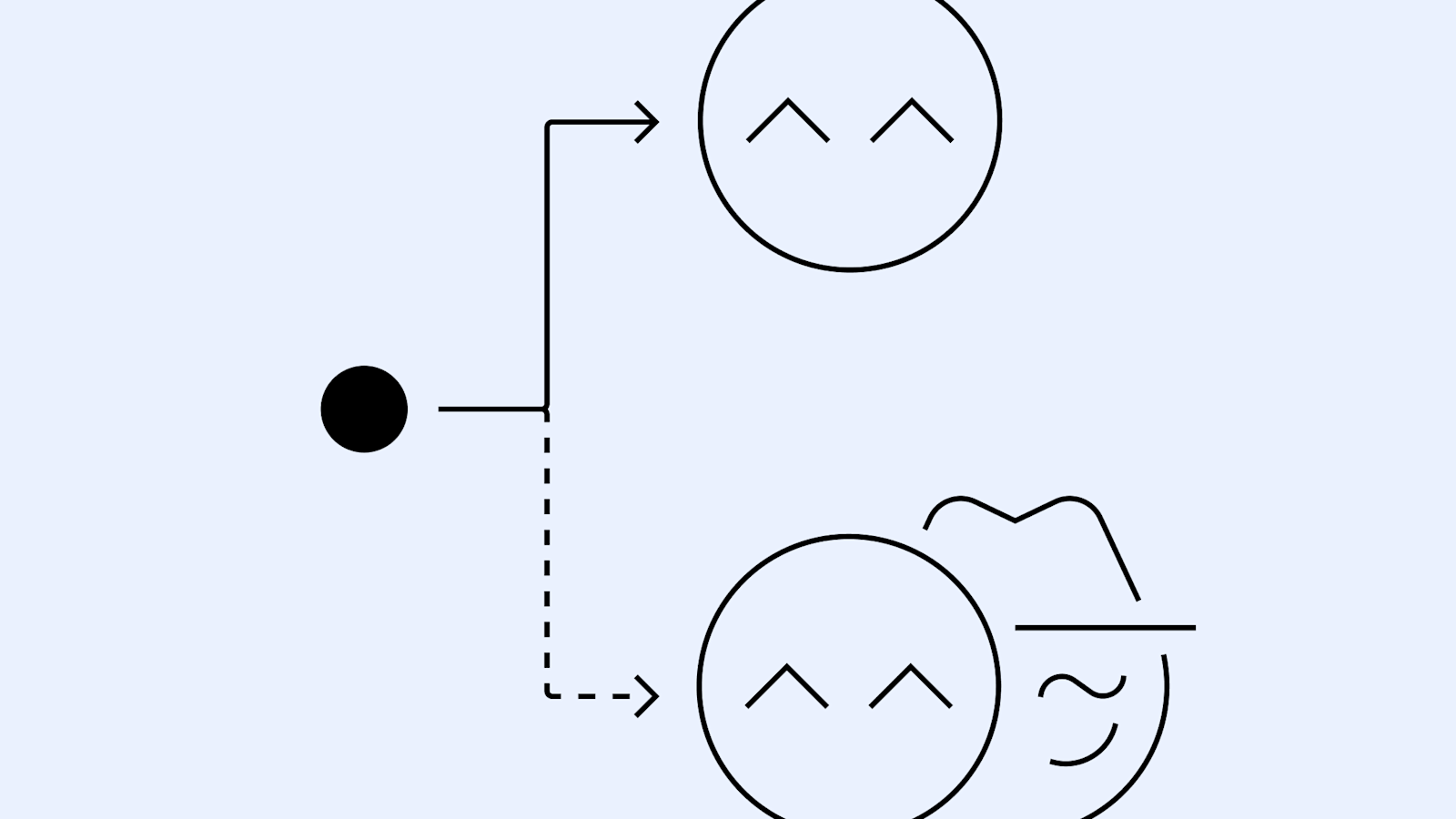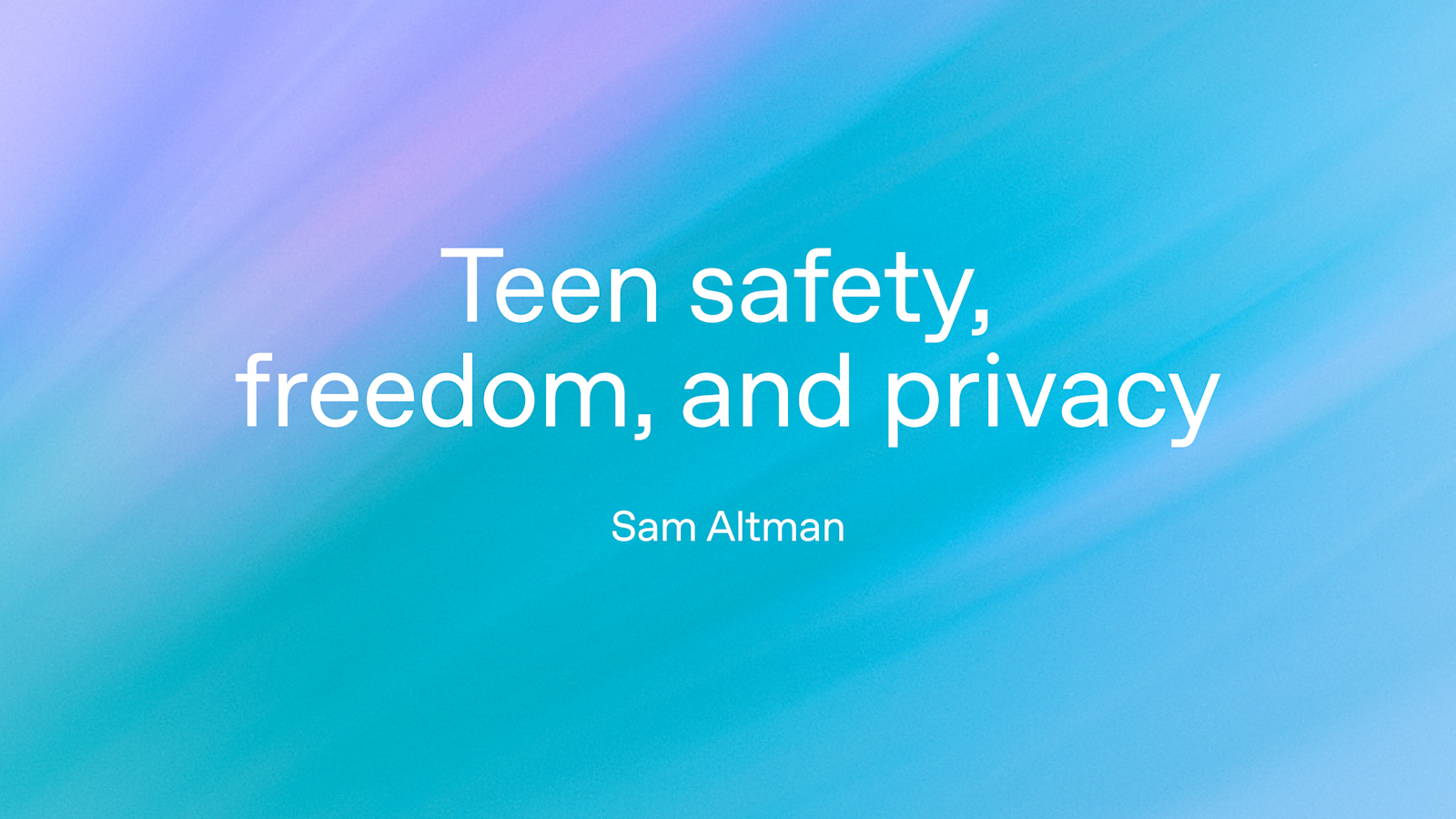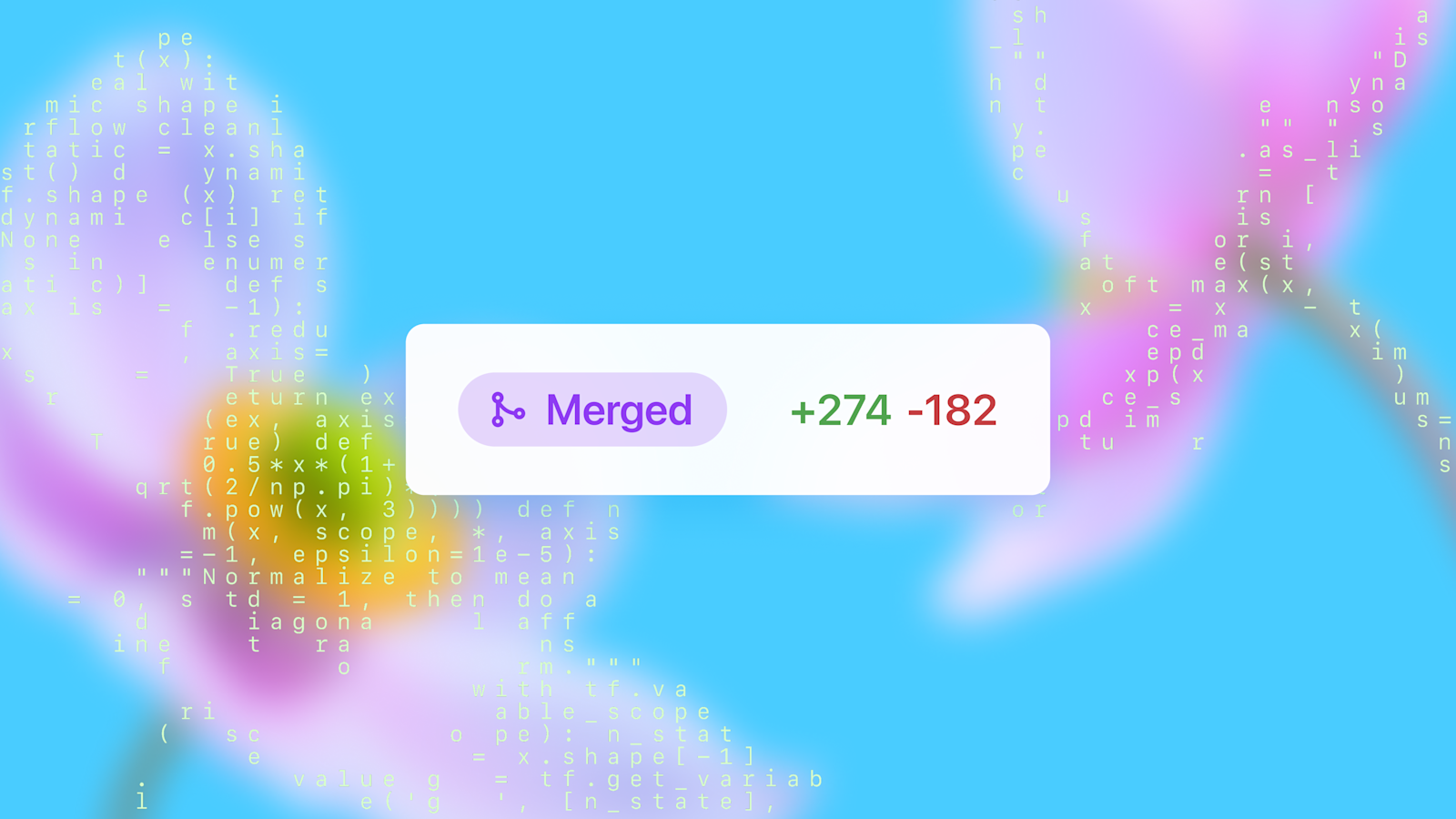OpenAI Reaffirms Nonprofit Leadership With Equity Structure in PBC, Aiming for $100B+ in Safe AI Resources
Sources: https://openai.com/index/statement-on-openai-nonprofit-and-pbc, OpenAI
TL;DR
- OpenAI reaffirms nonprofit leadership under a new structure that grants equity in its PBC.
- The structure is designed to mobilize over $100B in resources to advance safe, beneficial AI for humanity.
- The move signals a continued focus on alignment with human interests and broad resource mobilization.
- Additional governance and implementation details are to be disclosed by OpenAI.
- The announcement emphasizes safety, societal benefit, and responsible AI at scale.
Context and background
OpenAI has issued a formal statement describing its ongoing nonprofit leadership in the context of its Public Benefit Corporation (PBC) framework. The message frames the organization’s governance and capital structure as part of a broader commitment to safe and beneficial AI. For readers seeking the official articulation, the claim and framing are presented directly by OpenAI in its statement on its nonprofit and PBC. OpenAI. This context underscores OpenAI’s intent to harmonize ambitious AI development with safeguards that reflect the public interest. While the announcement does not disclose every operational detail, it positions the nonprofit leadership role as foundational to how the organization mobilizes resources and governs its activities within the PBC construct.
What’s new
The core change announced is a new structure that grants equity in OpenAI’s PBC. This structural shift is described as enabling the organization to mobilize and deploy resources—specifically cited as over $100B—in pursuit of safe, beneficial AI for humanity. The emphasis is on aligning incentives so that large-scale resource deployment supports safety, ethics, and broad access rather than isolated profit motives. The statement signals that governance and implementation specifics will follow in subsequent disclosures.
Why it matters (impact for developers/enterprises)
For developers, researchers, and enterprises, the combination of nonprofit leadership with a capital mobilization mechanism tied to the PBC could influence how OpenAI collaborates on safety-focused initiatives, licensing, and access to capabilities at scale. By anchoring resource deployment in a nonprofit-led framework, the arrangement aims to preserve public-interest orientation while enabling substantial investments in safety research, tooling, and deployment that are aligned with humanity’s long-term interests. Stakeholders should expect more information about how funding flows, governance oversight, and partner engagement will operate under the new structure. From an enterprise perspective, the announcement signals potential avenues for collaboration on safety benchmarks, model governance, and responsible deployment practices backed by a large, resourced initiative. As OpenAI articulates its commitment to safe, beneficial AI, developers and organizations may look to the organization for governance-led guidance, standards, and collaboration opportunities that harmonize rapid capability growth with risk management.
Technical details or Implementation
The statement centers on a structural change that grants equity within the PBC, a move described as key to unlocking substantial resource capacity while maintaining nonprofit leadership. Specific mechanisms—such as how equity is allocated, how governance rights are exercised, and how funds are drawn or allocated—are not exhaustively described in the initial release. OpenAI indicates that governance and implementation specifics will be provided in follow-up communications, with an emphasis on safety and public interest alignment as core objectives. In practical terms, this framework is presented as a means to marshal capital and talent toward collective safety goals without compromising foundational nonprofit leadership.
Key takeaways
- OpenAI states it remains under nonprofit leadership under a new equity-enabled PBC structure.
- The structure is intended to mobilize more than $100B in resources toward safe, beneficial AI.
- The announcement foregrounds alignment with humanity’s interests and public-benefit aims.
- Governance, implementation details, and partner engagement are to be clarified in future disclosures.
- The move signals a model where large-scale resources can support safety and societal impact at scale.
FAQ
-
What is being announced by OpenAI?
OpenAI is reaffirming its nonprofit leadership and introducing a new structure that grants equity in its PBC.
-
How much funding capability does the new structure enable?
The announcement cites over $100B in resources.
-
What is the goal of this change?
To advance safe, beneficial AI for humanity while preserving nonprofit leadership.
-
Will there be more details on governance and implementation?
Yes; the statement notes that governance and implementation specifics will be shared in future disclosures.
-
Where can I read the official statement?
The official articulation is available at the OpenAI statement on its nonprofit and PBC: https://openai.com/index/statement-on-openai-nonprofit-and-pbc.
References
More news
Detecting and reducing scheming in AI models: progress, methods, and implications
OpenAI and Apollo Research evaluated hidden misalignment in frontier models, observed scheming-like behaviors, and tested a deliberative alignment method that reduced covert actions about 30x, while acknowledging limitations and ongoing work.
Building Towards Age Prediction: OpenAI Tailors ChatGPT for Teens and Families
OpenAI outlines a long-term age-prediction system to tailor ChatGPT for users under and over 18, with age-appropriate policies, potential safety safeguards, and upcoming parental controls for families.
Teen safety, freedom, and privacy
Explore OpenAI’s approach to balancing teen safety, freedom, and privacy in AI use.
OpenAI, NVIDIA, and Nscale Launch Stargate UK to Enable Sovereign AI Compute in the UK
OpenAI, NVIDIA, and Nscale announce Stargate UK, a sovereign AI infrastructure partnership delivering local compute power in the UK to support public services, regulated industries, and national AI goals.
OpenAI introduces GPT-5-Codex: faster, more reliable coding assistant with advanced code reviews
OpenAI unveils GPT-5-Codex, a version of GPT-5 optimized for agentic coding in Codex. It accelerates interactive work, handles long tasks, enhances code reviews, and works across terminal, IDE, web, GitHub, and mobile.
How People Are Using ChatGPT: Broad Adoption, Everyday Tasks, and Economic Value
OpenAI's large-scale study shows ChatGPT usage spans everyday guidance and work, with gender gaps narrowing and clear economic value in both personal and professional contexts.





